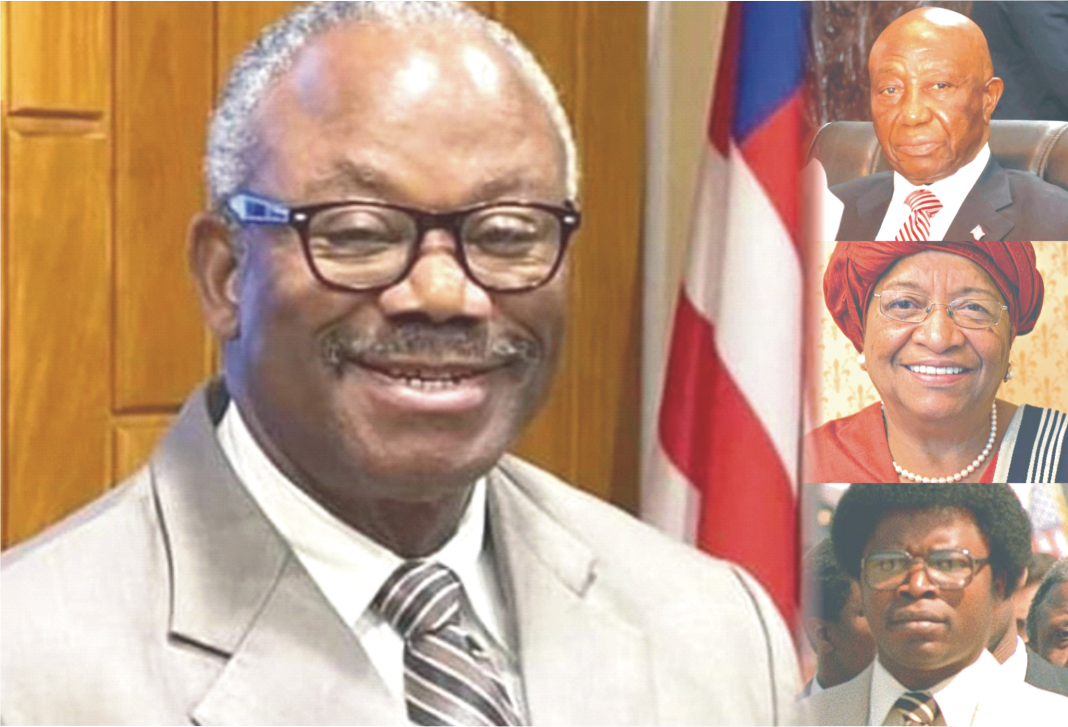By Sidiki Fofana | Truth In Ink
The sudden passing of President Joseph Boakai’s Minister of State, Sylvester Grigsby, has jolted Liberia. For the President, it was more than losing a senior official, it was the loss of “a confidant” and “a friend of many years.”
In the immediate aftermath, condolences poured in across social media. Many remembered Grigsby as a calm, measured statesman who carried himself with quiet dignity. But before the grief had time to settle, another, darker wave of reactions emerged, this one steeped in suspicion.
Whispers began circulating that his death might be linked to internal Unity Party politics; “Such an allegation, baseless as it is inflammatory, is a stark reminder of how deeply cynicism has seeped into Liberia’s political bloodstream,” said Dr. Augustine Kollie, Professor of Mass Communication at the University of Liberia.
“People don’t even wait for the body to get cold before they turn a death into politics,” lamented Emmanuel, a taxi driver in central Monrovia. “I don’t care if it’s Unity Party or CDC , in this country, no death is just death anymore.”
It is not a new phenomenon, just a few years ago, the Unity Party, then in opposition, made it a point to link nearly every high-profile death or tragedy to the George Weah administration. Now, with the tables turned, it is their turn to be on the receiving end of such allegations.
Ironically, the same Unity Party that now calls those linking Minister Grigsby’s death to the party “insensitive” was once the loudest voice politicizing tragedy under the former administration. Soon posts of condolence for the bereaved quickly morph into screenshots of Unity Party officials making unprintable accusations, blaming the Weah government in much the same way few years ago.
As one kehkeh rider summed it up with street simplicity: “You do me, I do you.”
“Call it political karma,” remarked Josephine, a market woman in Red Light. “When they were in opposition, they accused Weah’s people of every bad thing that happened. Now they see how it feels.”
For many, the problem runs deeper than political rivalry, it speaks to a national culture of mistrust. “We have reached a place where people believe the government is behind every misfortune,” observed a university student in Paynesville. “It’s like we are cursed with suspicion, no facts, no evidence, just politics.”
Others warn that this politicization of tragedy erodes the country’s moral fabric. “When someone dies, it should be a moment to come together as a nation,” said Amos, a retired civil servant. “But in Liberia, even grief is partisan.”
The death of Sylvester Grigsby is a profound loss for his family, friends, and the nation. Yet, the political noise that followed tells its own troubling story; a country so fractured that even moments meant for mourning are hijacked by the impulse to assign blame.
Or as one social media user put it, with chilling precision: “In Liberia, every coffin carries a conspiracy theory.”


